The debate over conservation hunting has taken a new turn as the Shooters, Fishers and Farmers Party in New South Wales unveils its demands for a revamped approach to managing wildlife. The party’s proposal aims to create a specialized body dedicated to overseeing “conservation hunting,
” which would acknowledge the importance of both Indigenous and non-Indigenous cultural hunting practices while promoting responsible pest control methods.
According to party leader Robert Borsak, the proposed council would consist of seven members, with a significant representation from shooters organizations. This council would work under the guidance of a newly designated hunting minister, assuming some responsibilities previously held by the now-defunct Game Council of NSW. Borsak emphasized the need for better governance and regulatory frameworks in managing hunting activities across the state.
In explaining the rationale behind their proposal, Borsak highlighted the significance of ethical public land access and utilizing advanced technology such as night vision and sound moderators for humane pest control. He stressed that these measures could enhance efficiency while minimizing animal suffering. The briefing paper provided by the Shooters Party outlined plans for introducing a Conservation Hunting Licence and implementing bounties on pest species like pigs, feral cats, and foxes to support targeted wildlife management efforts.
As discussions around the bill continue within government circles, concerns have been raised by critics who question the effectiveness of conservation hunting in addressing invasive species control. Jack Gough from the Invasive Species Council cautioned against providing undue influence to recreational hunters through public funding mechanisms. He warned that promoting recreational hunting without proper oversight could impede more effective pest management strategies like aerial shooting or baiting.
Opponents of the proposed changes have also expressed skepticism about empowering a new authority heavily influenced by pro-hunting advocates. Greens MP Sue Higginson criticized what she referred to as “
Game Council 2.0,” accusing policymakers of prioritizing political interests over evidence-based conservation practices. She asserted that catering to gun advocates under the guise of biodiversity protection could undermine long-term environmental goals.
Amidst growing scrutiny over the potential implications of this legislation, experts urge policymakers to adopt a balanced approach that considers ecological sustainability alongside recreational interests. By fostering constructive dialogue between stakeholders and integrating scientific insights into wildlife management decisions, authorities can strive towards harmonizing conservation efforts with responsible hunting practices.
The evolving landscape of wildlife preservation calls for innovative solutions that strike a harmonious balance between human activities and ecosystem health. As lawmakers navigate complex debates surrounding conservation hunting policies, finding common ground among diverse perspectives will be crucial in shaping robust strategies that safeguard biodiversity for future generations.



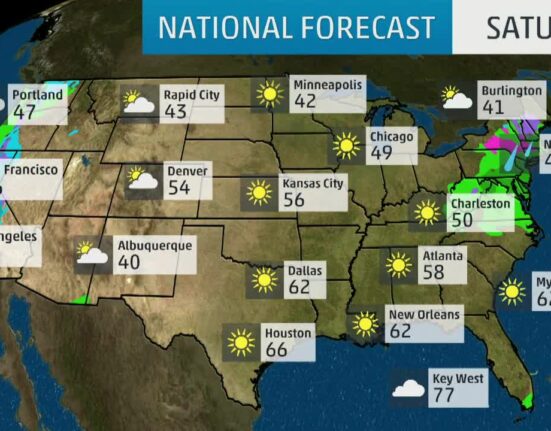
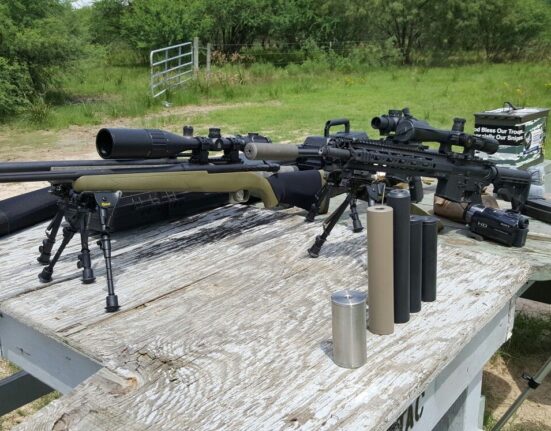
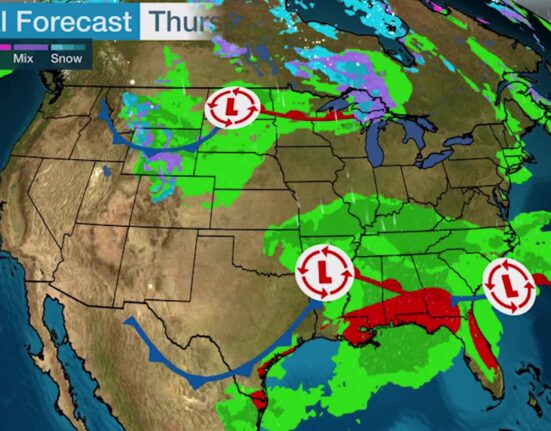
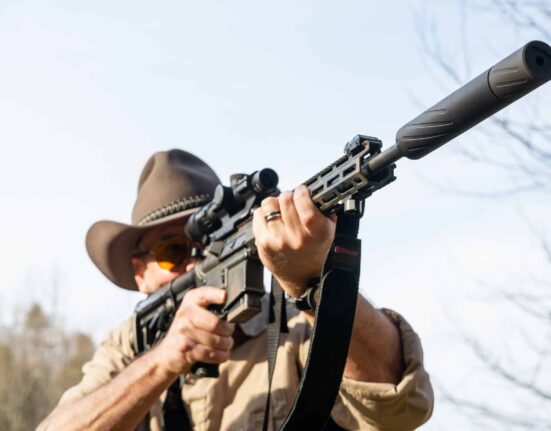
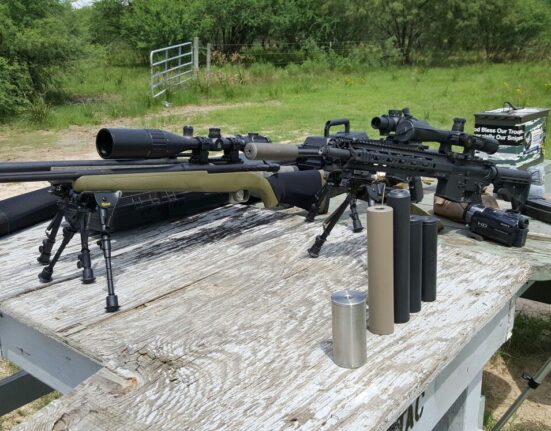
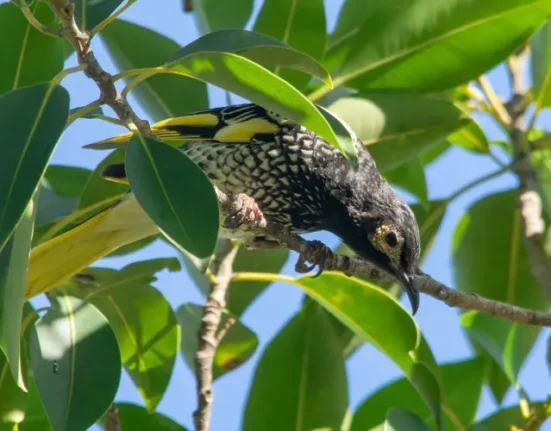
Leave feedback about this